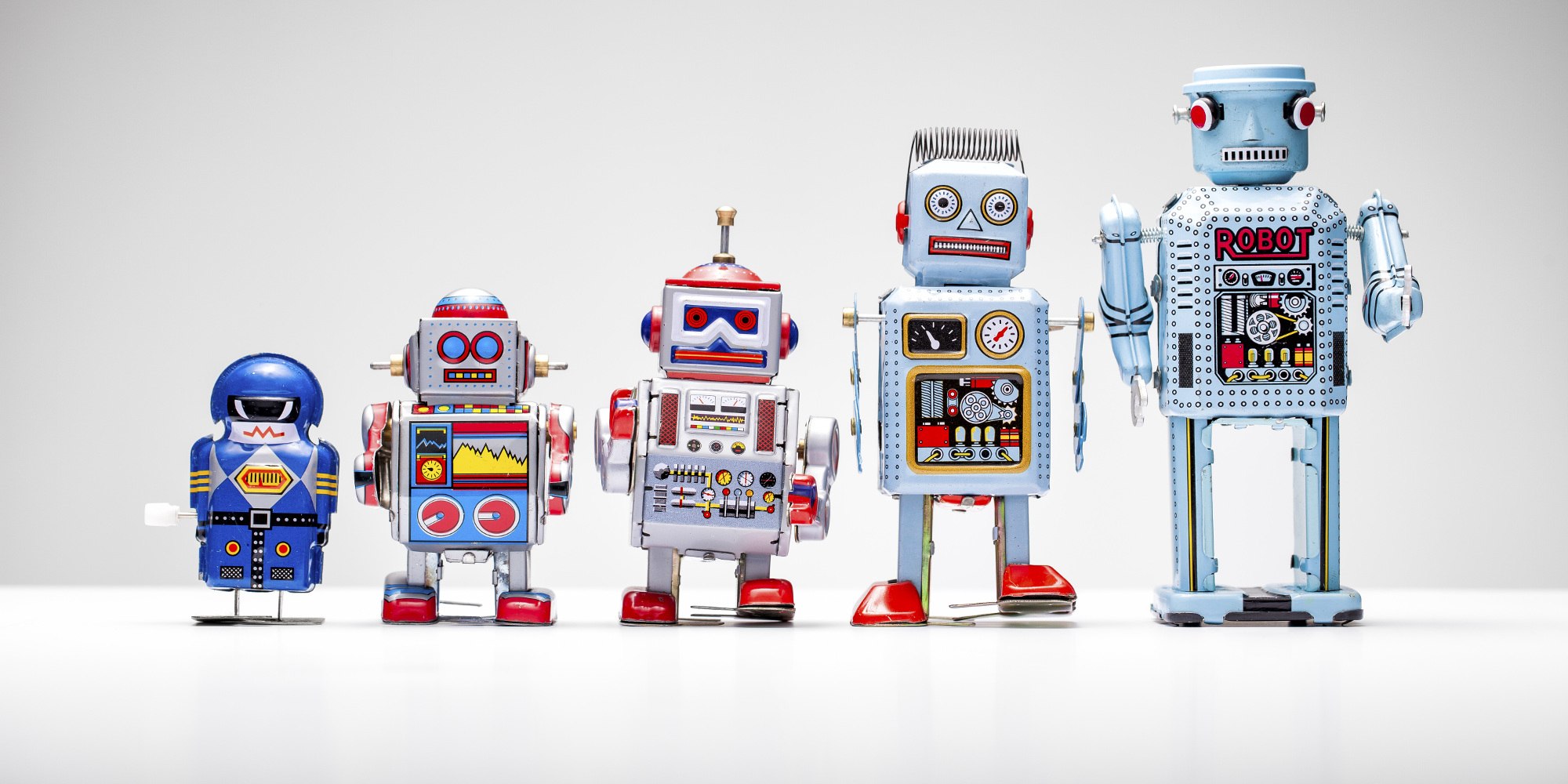
AI
How did artificial intelligence become such a game changer?
8th February 2017
Artificial intelligence (AI) has transformed from a philosophical concept to a staple of our everyday lives, making an appearance every time we log into our devices to tell us what to buy, where to eat or who to follow.But AI has evolved into more than a recommendation algorithm. Recent news that an AI named 'Libratus' defeated four of the world's top poker players in a high-stakes game of Texas Hold'em has highlighted just how intelligent machines have become.
Although AI has a history of beating world champions of games such as backgammon, draughts and chess, poker is much more difficult game to master as an AI must bluff and correctly interpret misleading information from other players in order to win.
What has led to this incredible progression of artificial intelligence?
How did we get here?
While it's still a relatively young science, AI has come a long way since Alan Turing proposed his eponymous test in 1950, which evaluates a machine's ability to display intelligent behaviour that is indistinguishable from a human being. It took 64 years since the introduction of Turing's test for an AI to pass it in 2014. While that may seem like a long time, thanks to the rapid pace of technological progression, AI has evolved hugely in the past 10 years with advances in machine learning, facial recognition and natural language processing driving ground-breaking innovations across sectors today.
One of the major factors in this evolution is data. We're producing more of it than ever before, which means more information for AIs to extract 'knowledge' from. When combined with heavy investment and advances in hardware, AIs are able to use machine and deep learning to mine mind-blowing amounts of data and change their functions to adapt to this newly 'learned' information.
Machine learning
Facebook is one example of a company that has massively invested in machine learning, mainly to drive improvements in the way it targets users for relevant advertisements. Thanks to the huge amount of image data from people uploading photos to their profiles, Facebook was able to use a bank of 4 million images to train its DeepFace AI to determine whether two photographs are the same person with 97.25% accuracy. When humans performed the same task, they only beat the AI by a slim margin of 0.28%.The poker AI Libratus relied on a different kind of machine learning. Rather than gaining information from previous poker matches, Libratus learnt how to play poker through a method called reinforcement learning. Put simply, it played trillions of hands of poker and analysed each match as it was played to develop a strategy of bluffing and randomisation that would baffle even the best human players.
The future
AI looks set to transform the way we live by making us smarter, driving efficiency across sectors and even formulating solutions to complex global problems. As for how long it might take to get to that point, we've seen from the time taken for an AI to pass the Turing test that it may be a few years yet.With that said, an AI that can bluff better than a human or identify you through a photo may seem like stuff of science fiction to many; but as the news of Libratus and facial recognition replacing passports at Australian airports by 2020 has shown, the future may already be here.
© 2026 Cheshire Datasystems Limited
Top Employer

